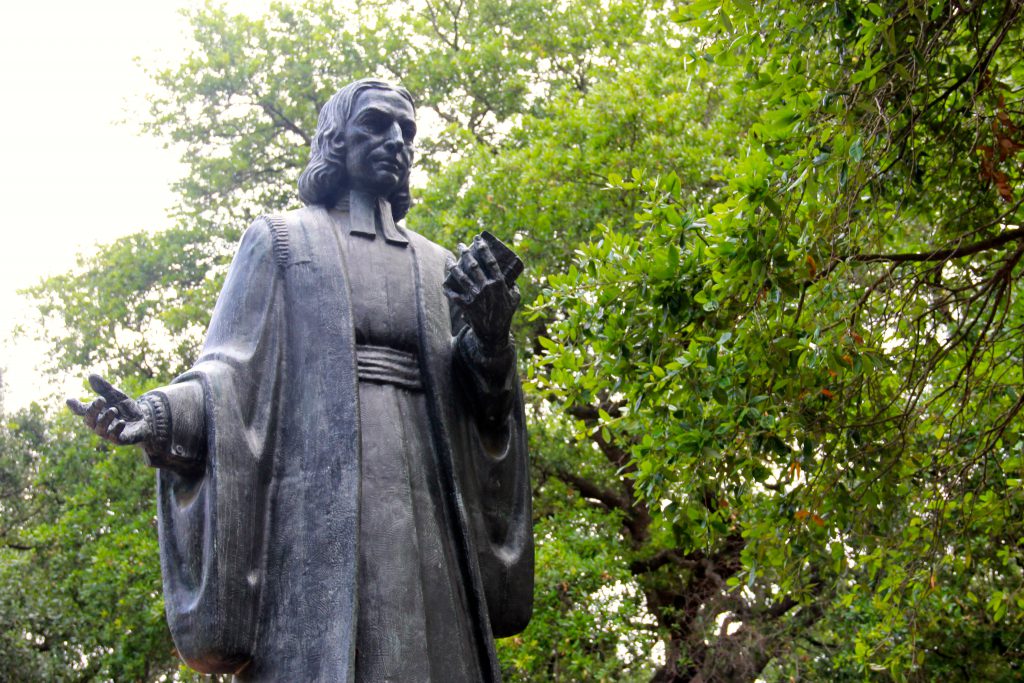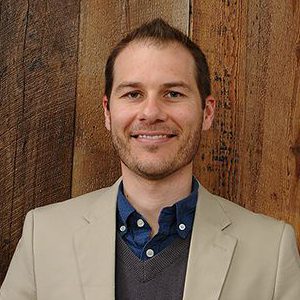He was returning home a failure.
In less than three years of pioneer pastoring in Savannah, Georgia, the Anglican priest John Wesley had bitten off more ministry than he could chew. Although he entered Savannah with illusions of grandeur, he left a wanted man—a priest who had barely dodged the ten indictments leveled against him by his former fiancée’s new husband.
Fresh Expressions thrive off of telling stories of how new forms of church emerged, including remembering stories of the pioneers that started them. Every church that exists, after all, was a Fresh Expression of some kind, meaning that church history is a ministry leader’s best friend. In this post and the next, I’ll describe the spiritual formation and theological openness of John Wesley, explaining how God used this broken man life to start a global movement.
Long Voyage Back to England
Like I described in a previous blog, John’s long and soul-searching voyage back to Mother England gave him much to ponder. He was now 35 years old, single, and at a loss for what he should do and where he should live. As is the case with many church leaders, his identity was yoked to the vicissitudes of his calling, and his ministry failure in Georgia made him question whether he had any faith at all. Staring at the endless ocean on his two-month voyage, John wrote in his journal:
“The faith I want is a ‘sure trust and confidence in God that through the merits of Christ my sins are forgiven.’”
Like most ONE’s on the Enneagram—a personality profile with nine different types—John resented the mistakes he had made while in Georgia, and he desperately needed to be justified not only in his eyes but also in those of God.
Still, he was publicly unwilling to acknowledge his shortcomings, and he gave the impression that he was the one who had been wronged. He no doubt vindicated himself while meeting with the Georgia board of trustees while in London, though one biographer notes how “awkward” these meetings surely were. According to one of the trustees, John appeared “to us a very odd mixture of a man, an enthusiast, and at the same time a hypocrite, wholly distasteful.” John’s credentials in America were terminated, and he returned to pastoring without a parish in England.
The Enthusiast
In many ways, being a pastor without a parish was the secret to John’s success. Liberated from the burden of having to please parishioners week after week, John spoke wherever he was invited—whether in private homes, in prisons, in inns, or in established parishes. John was free to preach on topics that were considered highly offensive and radical among Anglicans—no doubt giving context to the trustee’s words about him being “a very odd mixture of man, an enthusiast.”
Being a pastor without a parish was part of the secret to John Wesley's success
Tweet this.
After preaching at one parish on what it meant to be a new creature in Christ, for instance, John unemotionally wrote: “I was afterwards informed [that] many of the best in the parish were so offended that I was not to preach there any more.” That was hardly an isolated example, and it did nothing but goad him on to speak with even more intensity. More often than not, it seemed, his first time to speak at a church was also his last. John mentioned nearly ten such examples in his journals during this time period.
John’s radicalness was seeping out in other ways as well. On April 1, 1738, as if playing a cruel joke upon English society, John endeavored “to [not] be confined [to set prayers] any more; but to pray indifferently, with a form or without, as I may find suitable to particular occasions.”
I was informed that many were so offended that I was not to preach there any more.
Tweet this.
Within a matter of weeks of returning home, in other words, John had not only pledged to publicly pray without following a set prayer, but also to preach without using a script. These two radial departures from the church establishment went hand-in-hand, and John was becoming further and further removed from doing ministry in the usual way.
He was on the verge of something new, though he hardly knew what this was.
If you’re starting a Fresh Expression of church, you, like John Wesley, can expect to fail to some extent. How have you seen God at work in spite of your failures?
* * *
Bibliography
Stanley Ayling, John Wesley
Kenneth Collins, A Real Christian: The Life of John Wesley
A. Skevington Way, The Burning Heart: John Wesley, Evangelist


